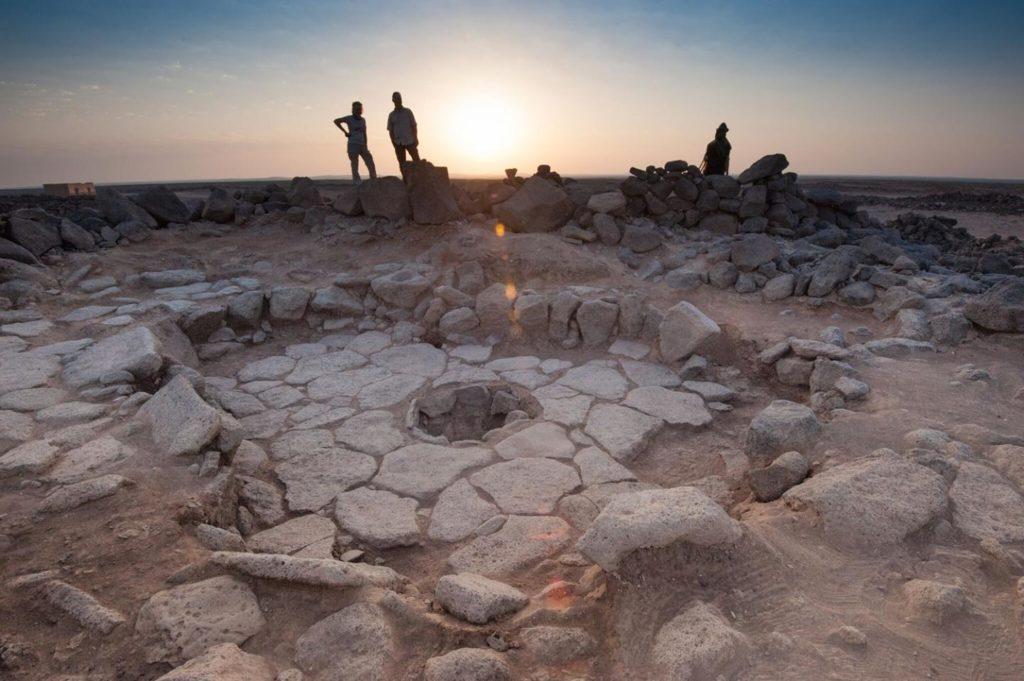
Submitted by Administrator on Thu, 19/07/2018 - 12:23
The recently published study finds remains of the oldest evidence for bread baked by hunter-gatherers 14,400 years ago. The paper was co-authored by Monica Nicolaides Ramsey from the McDonald Institute of Archaeological Research at University of Cambridge.
Previous to this study, it was thought that Stone Age people could have been the first to bake bread in Turkey around 9 000 years ago, but these findings suggest that bread production based on wild ancestors of domesticated cereals such as barley, einkorn and oat may have encouraged hunter gatherers to cultivate cereals. This probably led to bread becoming a staple when Neolithic farmers started to rely on cultivation for their subsistence.
The study, by researchers from University of Copenhagen, University College London and University of Cambridge, provides the earliest empirical evidence for the production of bread. It analysed charred food remains from a 14,400-year-old Natufian hunter-gatherer site located in the Black Desert in north-eastern Jordan.
The findings of the study were published in PNAS (Proceedings of the National Academy of Sciences of the United States of America).
Amaia Arranz-Otaegui, Lara Gonzalez Carretero, Monica N. Ramsey, Dorian Q. Fuller, and Tobias Richter. Archaeobotanical evidence reveals the origins of bread 14,400 years ago in northeastern Jordan.
Read the original paper online here.
The findings have attracted a lot of media interest – see articles for example in Telegraph, Science Codex and ZME Science.

